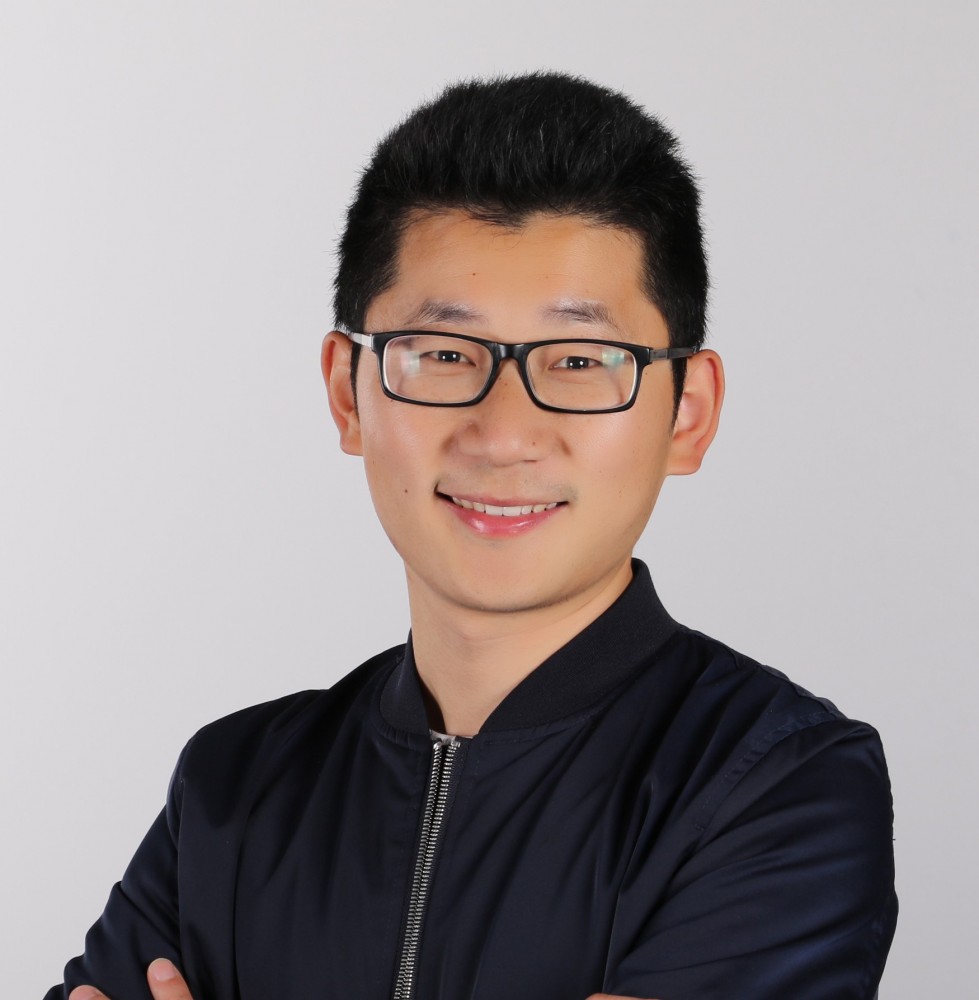There are considerable opportunities in the field of interdisciplinary health technologies, where advancements are key to improving population health, enabling prevention, transforming early prediction and diagnosis, and discovering and accelerating the development of new interventions.
Electronics and Computer Science (ECS) is internationally-leading in the development of low-cost, portable technologies, point-of-care testing and wearable monitoring and assistive technologies. Researchers working in hardware are grouped with colleagues in the new Digital Health and Biomedical Engineering research group bringing together engineers and computer scientists to discover new approaches to prevent, diagnose and manage health and medical conditions.
Our education programmes include a new Biomedical Engineering degree, which covers artificial intelligence, digital health, electronic systems and mechatronics for health, and medical devices. Combining biomedicine, electronics and digital health will enable students to become the next generation of health technology engineers.
We have strong industrial partnerships across all areas of the ecosystem, including medtech and pharma, as well as deep connections with the local NHS Trust. ECS is fully engaged with University initiatives such as the Institute for Medical Innovation (IMI), which in partnership with the University Hospital Southampton, is intended to speed up the development of therapies from research to application. ECS is also an active member of the Institute for Life Sciences. This provides an inclusive and supportive ecosystem enabling staff to maximise their potential.

I specialise Soft Electronics and Multiscale Medical Robotics, in the Digital Health & Biomedical Engineering research group. My group, the Multiscale Intelligent Biodevices Lab, aims to develop soft electronics and multiscale medical robotics for personalised medicine in healthcare engineering. We focus on the development of next-generation medical devices with an integrated system of biosensing, actuation, relevant therapy, and closed-loop control assisted by artificial intelligence (AI). At the same time, we explore widening to applications in wearable or implantable bioelectronics, cardiovascular treatment, and neurotechnology.
I have obtained extensive technical knowledge and experience to investigate micro- and nanoscale systems for robotics and sensing. I have an international reputation in the following areas:
By developing multiscale intelligent biodevices, I aim to address challenges including early disease diagnosis, effective treatment monitoring, and personalised medicine.